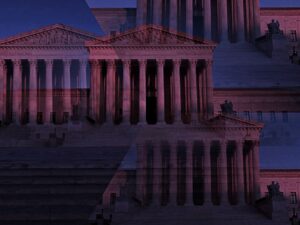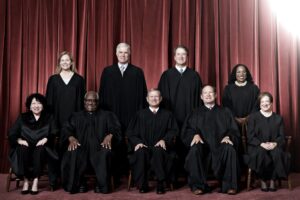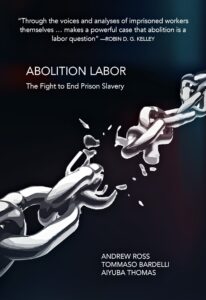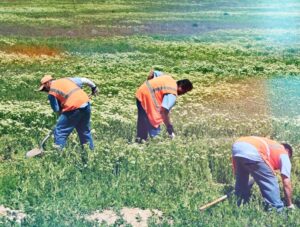Podcast: Play in new window | Download
Two Very Important Supreme Court Decisions
When does the government cross the line from using its highly visible bully pulpit to advocate for policies and principles it has every right to promote into the prohibited zone of threatening to use its awesome powers to punish viewpoints it opposes by coercing others to refrain from doing business with the speaker.
In two very important recent decisions, the U.S. Supreme Court was asked to decide whether it is still the law of the land that a government entity’s “threat of invoking legal sanctions and other means of coercion” against a third party “to achieve the suppression” of disfavored speech violates the First Amendment.
In National Rifle Association v. Vullo, in a rare unanimous opinion written by Justice Sonia Sotomayor, the Court held that “Government officials cannot attempt to coerce private parties in order to punish or suppress views that the government disfavors.”
But the decision in the related case of Murthy v. Missouri, was not unanimous. In that case a federal district judge had ruled that the U.S. Surgeon General (Vivek Murthy) and other government officials violated the First Amendment by seeking to convince social media platforms to remove content the government deemed disinformation about COVID, the 2020 election and other subjects.
But on June 26, the Court punted. A 6 member majority – made up of both conservatives and liberals – held that the plaintiffs did not have standing. In dissent, three conservative justices said they would have found standing and on the merits they would have found a First Amendment violation.
Guest – Attorney David Cole argued the NRA case in the Supreme Court. He’s been the National Legal Director of the American Civil Liberties Union (ACLU) since 2016. He previously served as a staff attorney for the Center for Constitutional Rights. He has litigated a wide array of major civil liberties controversies and has personally argued 8 cases before the US Supreme Court and served as counsel in more than 30.
—-
Abolition Labor: The Fight To End Prison Slavery
Operating in the secrecy of the nation’s more than 1,800 prisons, a kind of shadow slave culture is being fostered. Few Americans are aware of the exploitative and pervasive practice of forced prison labor. The 13th amendment to the US Constitution abolished slavery, but it made one exception: prison labor.
Prisoners are forced to work with minimal or non-existent wages, and often with no labor protections. Understanding the scope and implications of forced prison labor is crucial for anyone concerned with social justice and equity. It calls for a re-examination of our treatment of incarcerated persons and for alternatives that promote fairness for everyone, regardless of their legal status. By shining a light on this issue, we can advocate for reforms that prioritize rehabilitation over punishment and strive towards a more just and humane criminal justice system. A new book, Abolition Labor: The Fight To End Prison Slavery, provides an eye-opening overview of the extent of this problem.
Guest – Andrew Ross is a renowned social activist, author, and Professor of Social and Cultural Analysis at New York University, where he also directs the Prison Research Lab. Andrew has contributed to prominent publications like The Guardian, The New York Times, and The Nation. He has authored or edited over twenty-five books, with the recent work, Abolition Labor, co-authored with Aiyuba Thomas and Tommaso Bardelli.
Guest – Aiyuba Thomas recently earned his M.A. from NYU’s Gallatin School of Individualized Study and is an affiliate of the NYU Prison Research Lab. He currently serves as project manager for the Movements Against Mass Incarceration’s archival oral history project at Columbia University. There, he documents the experiences and challenges faced by those affected by the criminal justice system. His firsthand perspective and his extensive knowledge on the subject makes him a powerful voice in the conversation of abolishing forced prison labor.




